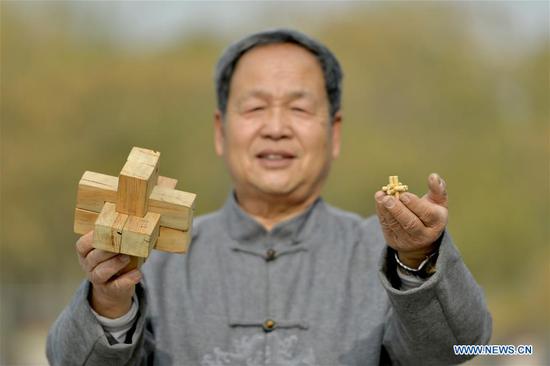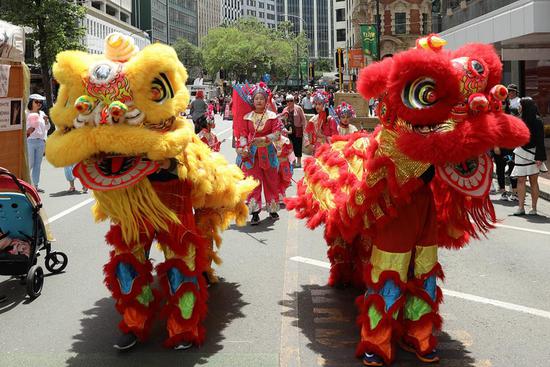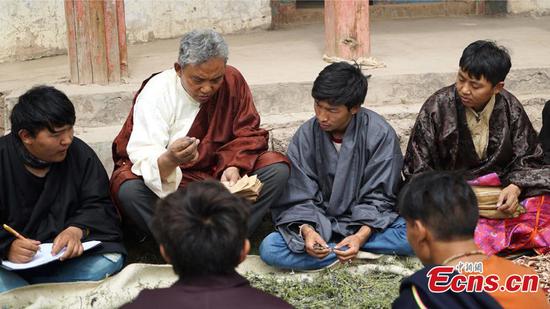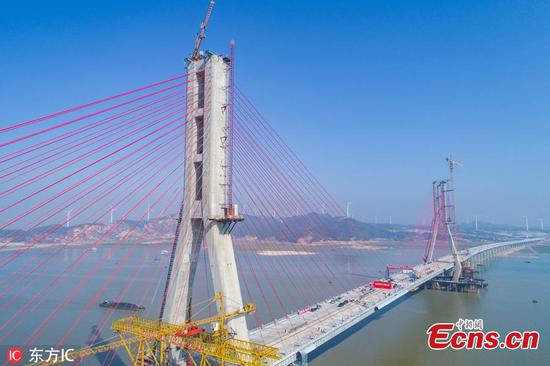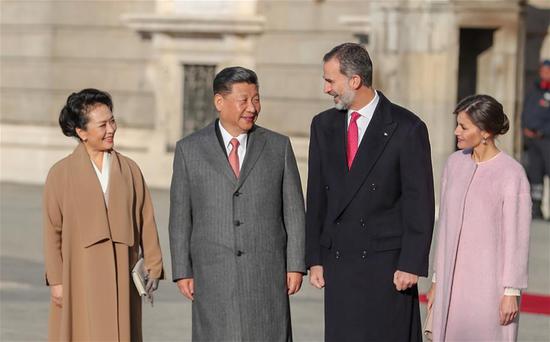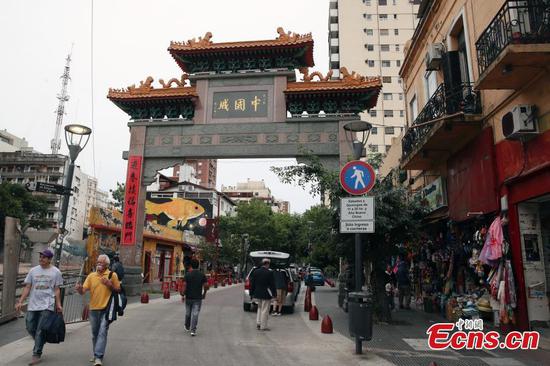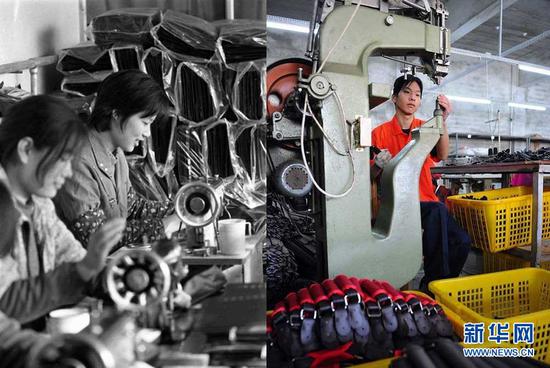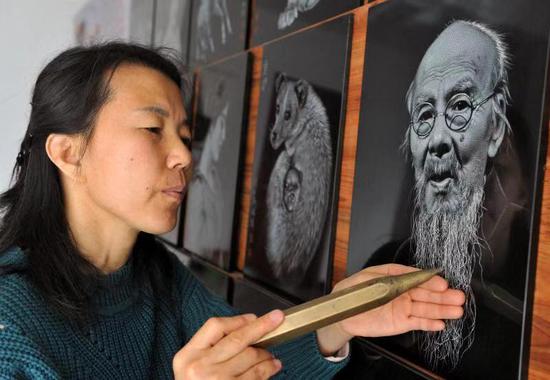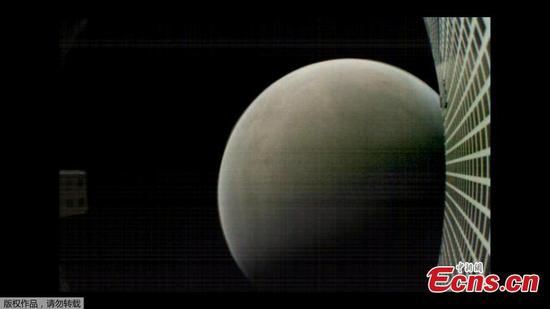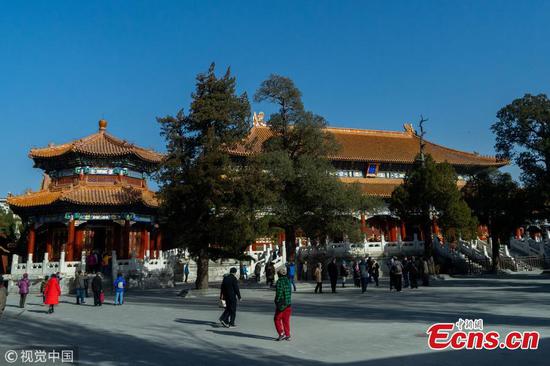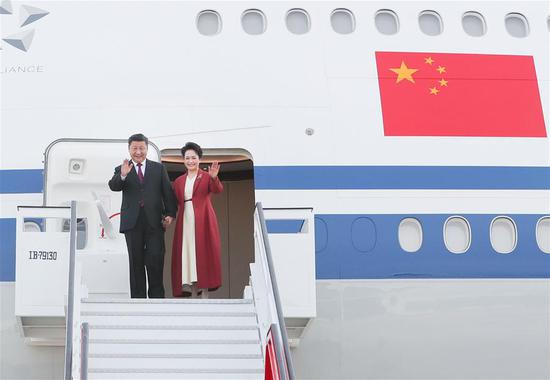The move by China to lift the import ban on Niigata rice from Japan has more political than economic significance, and it's a sign of warming bilateral ties between two major economies in Asia amid worsening trade wars, experts said.
The General Administration of Customs of China said it would lift the import ban on rice grown in Niigata, a production center of agricultural goods in Japan, according to a document released on Wednesday. Imports should be in line with China's food safety, plant hygiene laws and regulations, customs noticed.
In 2011, China's quality supervision agency banned imports of farm products from several prefectures including Niigata following the Fukushima nuclear disaster.
Niigata prefecture is one of Japan's major rice production areas. In particular, the Uonuma region in the prefecture is nationally famous for its koshihikari rice, according to a local travel website.
Ryuichi Yoneyama, the former governor of Niigata, visited China to discuss the ban on imports of farm products from the prefecture with China's quality supervision bureau and exchanged opinions, he said in a Tweet posted on April 2.
"It's a great opportunity for Japanese farmers and traders once China lifts the import ban. As Abenomics encourages exports, Japanese rice products will tap into a large consumption base," said Zhang Jifeng, a research fellow with the Institute of Japanese Studies at the Chinese Academy of Social Sciences, told the Global Times.
Exports of Japanese rice, including sake and other processed products, stood at some 11,800 tons in 2017, far less than the government's target of 100,000 tons a year, according to the Japan Times.
Considering that the agricultural sector accounts for only about 1.4 percent of Japan's GDP, the move by China to allow more of these imports has a lot of political significance but little economic benefit, Zhang noted.
"As support for the Liberal Democratic Party of Japan lies mainly in rural areas, it's important to make farmers happy," he said.
The move also reflects a warming of bilateral ties after Japanese Prime Minister Shinzo Abe paid a visit to China in October. These ties will play an important role amid heightened U.S.-China trade tensions, the expert added.
China's further opening-up to Japanese rice products is also likely to benefit the whole supply chain, including products such as rice cake and sake, said Chen Yan, executive director of the Japanese Corporations (China) Research Institute.
"It will also drive up Japan's overall exports to China," he said.











